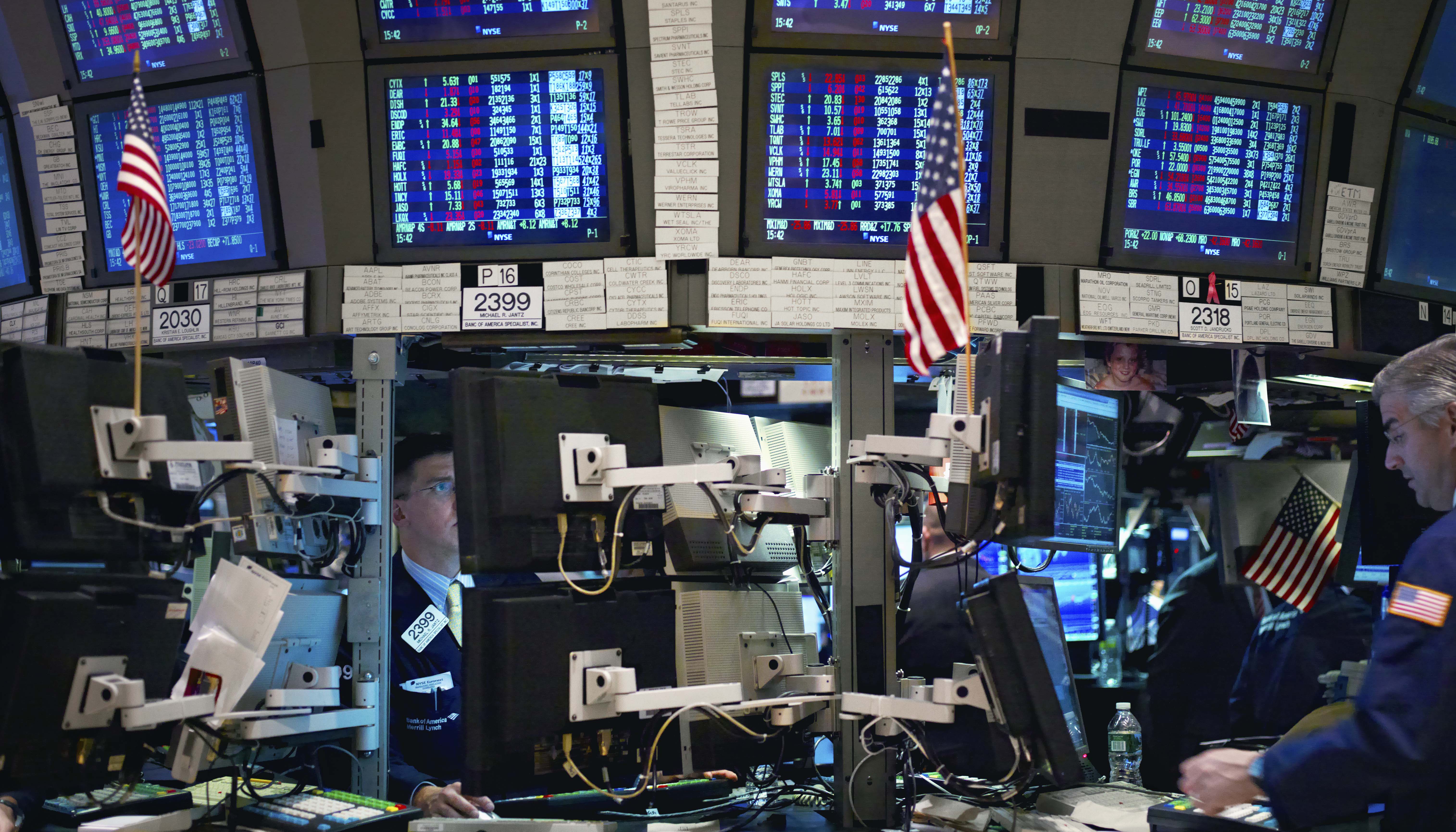In January 2020, just days after a private Senate briefing on the COVID-19 threat, US senator Richard Burr sold nearly $1.7 million in stock. Weeks later, the market plunged.
The timing sparked outrage and raised questions about the links between lawmaking and share trading that refuses to fade.

Now a new study from the Macquarie Business School that mapped trades made by US senators over almost a decade has found clear patterns between those trades and personal profit.
Following the money
Published in the Journal of Business Ethics, the Macquarie research analysed more than 4700 trades made by US senators between 2014 and 2021 cross-referenced against nearly 1400 pieces of legislation. It found a clear pattern: trades placed in the month before critical legislative milestones consistently outperformed the market.
Senators with greater influence, often sitting on powerful committees, earned the highest gains. Some even engaged in consecutive transactions and reaped greater rewards.
"The question of whether individuals in government have been able to benefit from their positions is an old one," says Professor Vito Mollica, lead researcher and Deputy Dean at Macquarie Business School. "We took a different approach in this study, seeking to tie the trading behaviour of senators to periods when they were most likely to have access to privileged information."
The study also found that the biggest returns came just before the later stages of a bill's progress, when the outcome was more certain. The timing suggests senators were not only well informed but may have used that privileged information to their advantage.
Trust on the line
The ethical concerns are profound. Senators are entrusted with fiduciary responsibility to serve the public, not themselves. Trading on non-public legislative information risks breaching that trust.
From an ethical perspective, the researchers argue, the issue can be seen through three lenses:
- Social contract theory: Citizens would never consent to such a system.
- Fiduciary duty: Public officials are expected to act in the best interests of the public, not themselves.
- Virtue ethics: The practice raises serious questions about the honesty and integrity of elected leaders.
A middle path
While some in Washington push for an outright ban on stock trading by senators, the research proposes a more measured solution of 'contingent freedom'. Under this model, senators would face trading restrictions only during sensitive legislative windows, such as the weeks leading up to a bill's passage. Outside those periods, they would retain the right to invest like ordinary citizens.
"There has to be a middle ground," Professor Mollica says. "Participation in financial markets has led to the financial freedom of many individuals. Just as we do not restrict company insiders such as CEOs from trading, we need to set up better boundaries to avoid conflicts of interest."
This approach, the authors argue, acknowledges the complexity of financial regulation while recognising that the gravest conflict-of-interest risks are concentrated in specific timeframes.
What does it mean for Australia?
The issue of political share trading isn't confined to the United States. Earlier this year, Australian Prime Minister Anthony Albanese drew attention to then Opposition Leader Peter Dutton's "highly unusual" share trading during the Global Financial Crisis.
While no rules were broken, the incident stirred debate about whether politicians should face tighter restrictions. The National Anti-Corruption Commission, established two years ago, recently published a guide for parliamentarians and their staff on avoiding corruption.
"Our research focuses on the United States, but the ramifications for Australia are clear," says Professor Mollica. "The same risks to public trust exist whenever politicians trade shares in sectors they influence.
"If Australians see even the perception of self-interest in parliamentary decisions, confidence in our democratic institutions is eroded."






